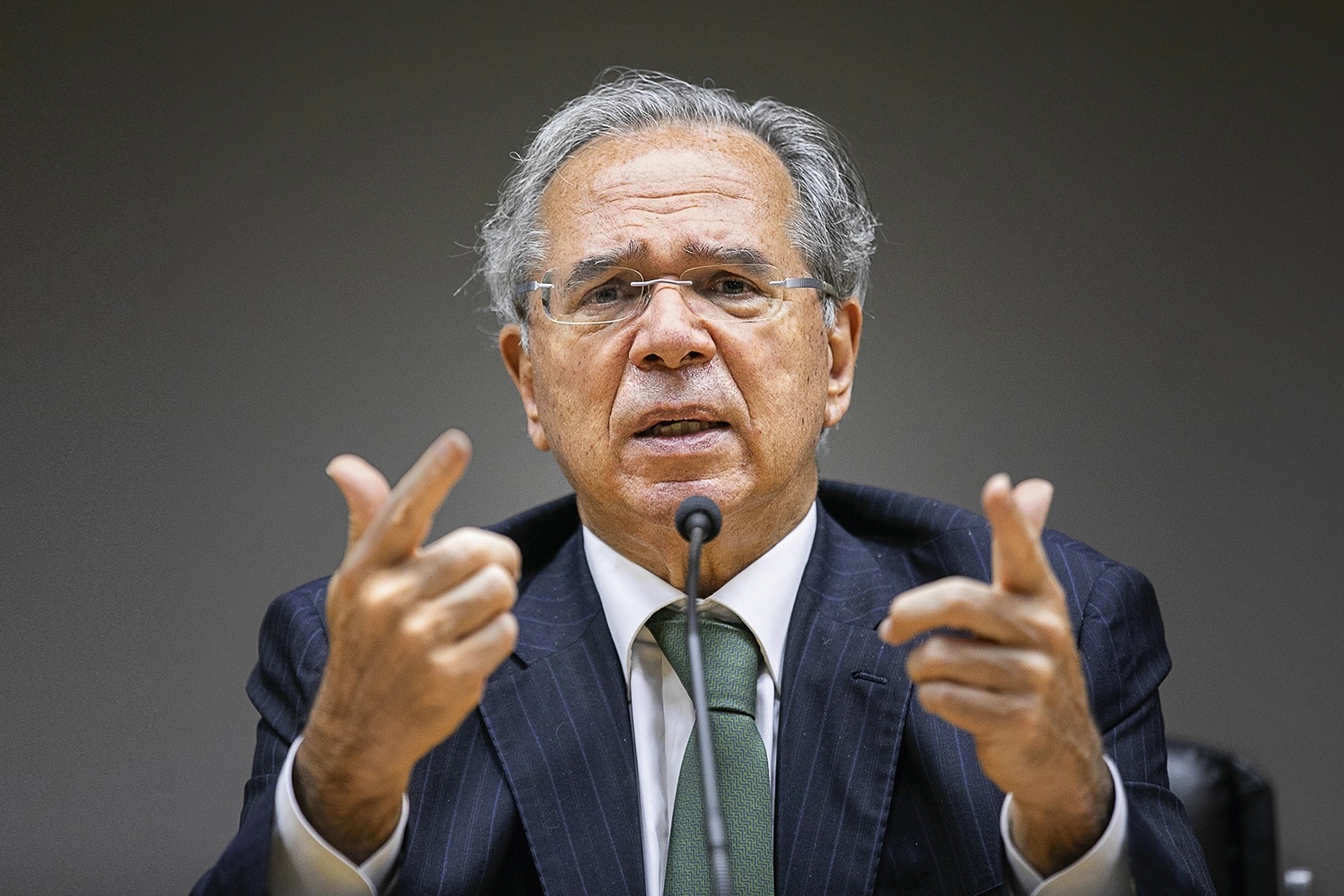RIO DE JANEIRO, BRAZIL – Brazil’s Economy Minister, Paulo Guedes, said on April 12 that the creation of a new transfer pricing system by Brazil represents “a decisive step” for the country’s entry into the Organization for Economic Cooperation and Development (OECD).
The transfer pricing system is a procedure by which multinational companies transfer profits from one country to another, usually from a subsidiary to the parent company or to countries with more favorable taxation, such as tax havens.
The new system arose from a 2018 initiative, the Economy head explained, ” examining the similarities and differences between transfer pricing approaches in Brazil and the OECD and led to convergence to OECD standards.”

“The old system left open the possibility of double taxation, which would impact European companies that wanted to invest in Brazil. On the other hand, it also made tax evasion possible, which is the transfer of profits between different jurisdictions,” Guedes explained as he presented the new system.
“The step taken today will prevent two evils: excessive taxation, which prevents investments, and evasion, by transferring profits to legislations with more favorable taxation,” he added.
MINIMUM TAXATION
The global community, Guedes said, is “embracing” itself through these practices. “I would like to highlight the special moment in which this is happening,” he said, noting that the negotiation of the new global tax agreement prioritizes “minimum taxation on large multinationals.”
He reaffirmed that Brazil is “quite advanced in this final stage of accession to the OECD,” adding that today’s step is “decisive” in helping the country converge with international standards.
“We want[…] to lubricate investment channels so that Brazil can benefit from Europe’s search for new areas of investment in energy and food security,” he argued, after speaking of the current geopolitical panorama of that continent amid political pressures, economic sanctions and rifts aggravated by the war between Russia and Ukraine.
With information from Agência Brasil

